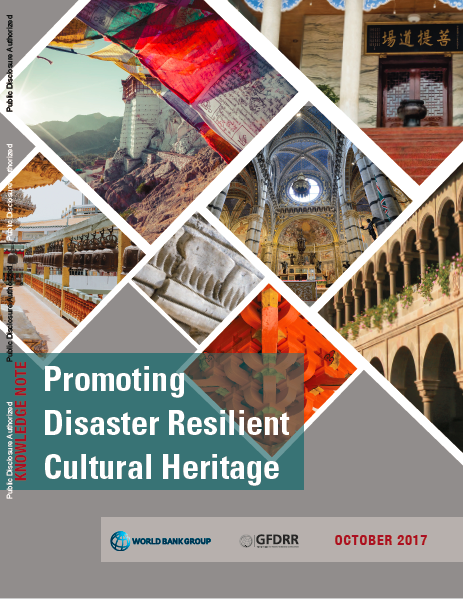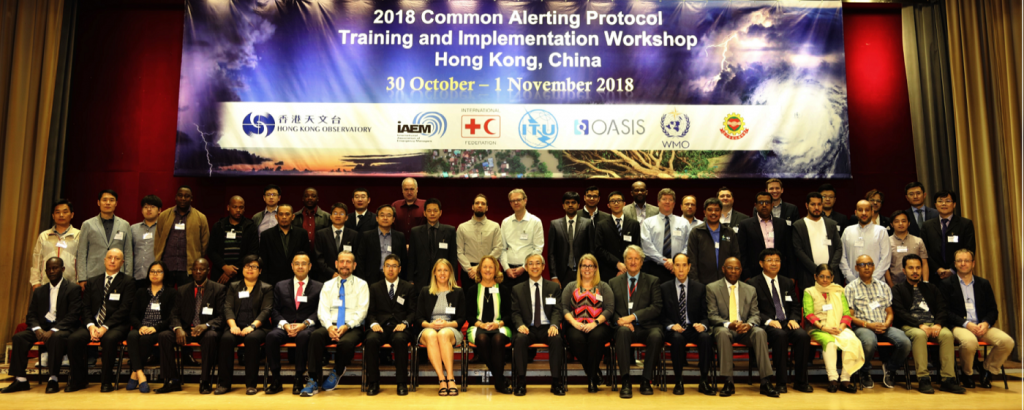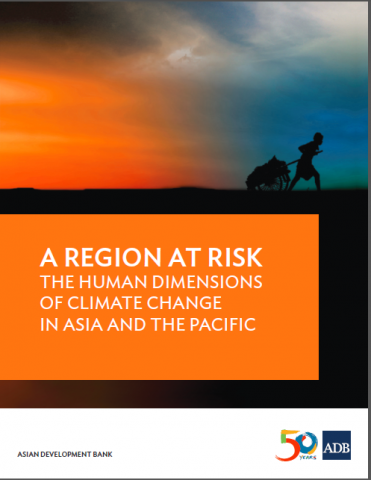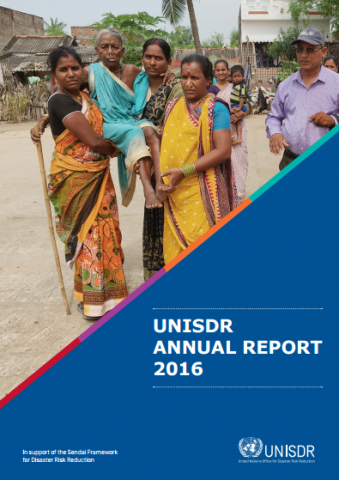DRR in Action Case Studies
Ensuring Global and Regional Commitments Translate into Local Level Action and Impact Case Studies: Red Cross Red Crescent Disaster Risk Reduction in Action – What Works at Local Level June 2018 DRR in action Case Studies https://media.ifrc.org/ifrc/wp-content/uploads/sites/5/2018/06/DRR-in-Action-Case-Studies-FULL-Final-v2-1.pdf
DRR in Action Case Studies Read More »




